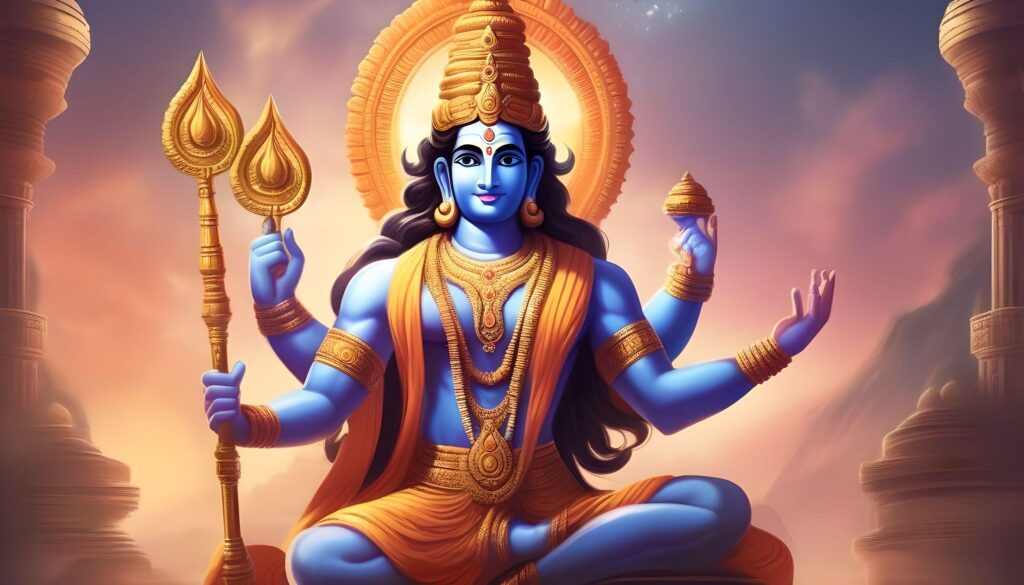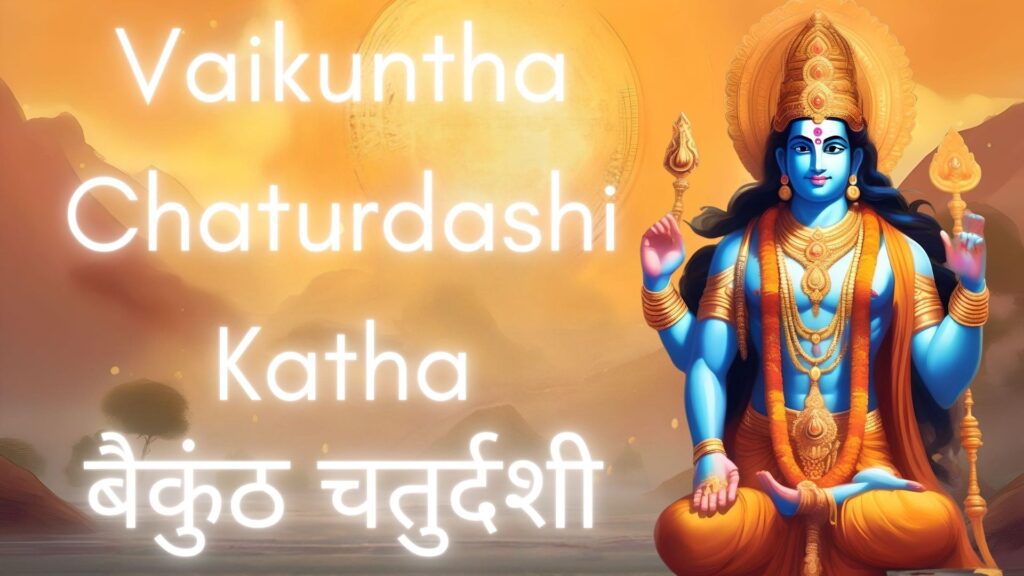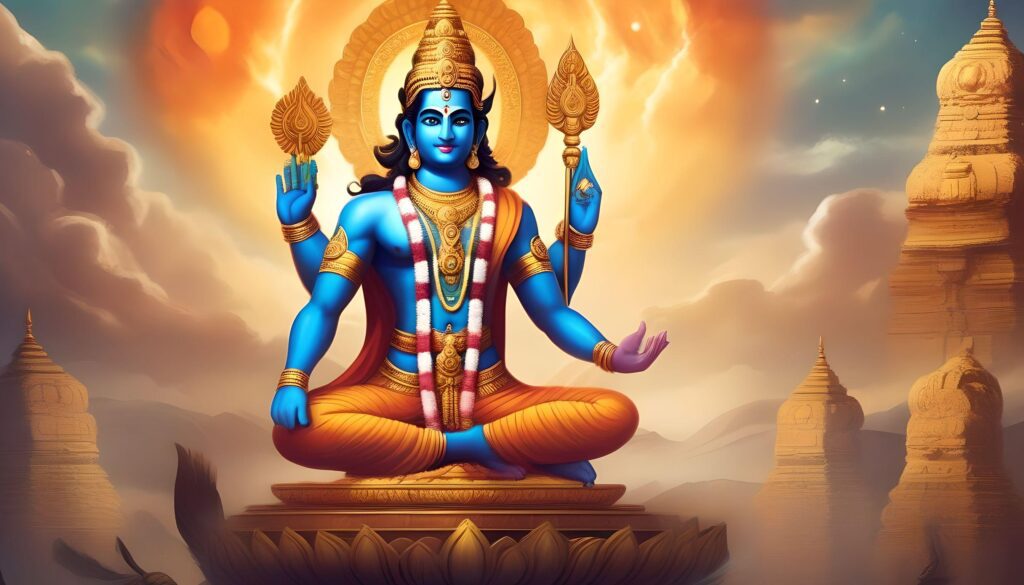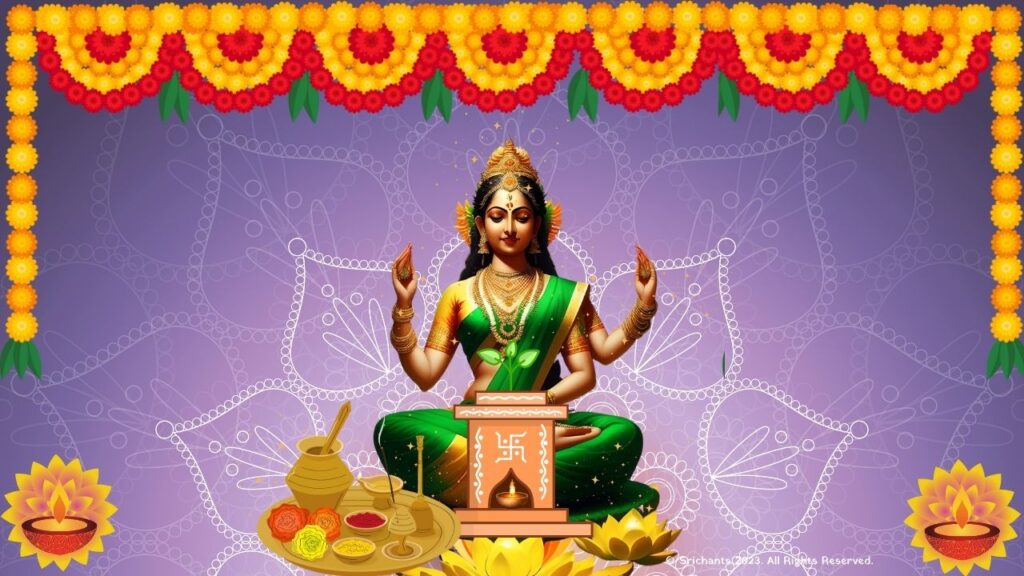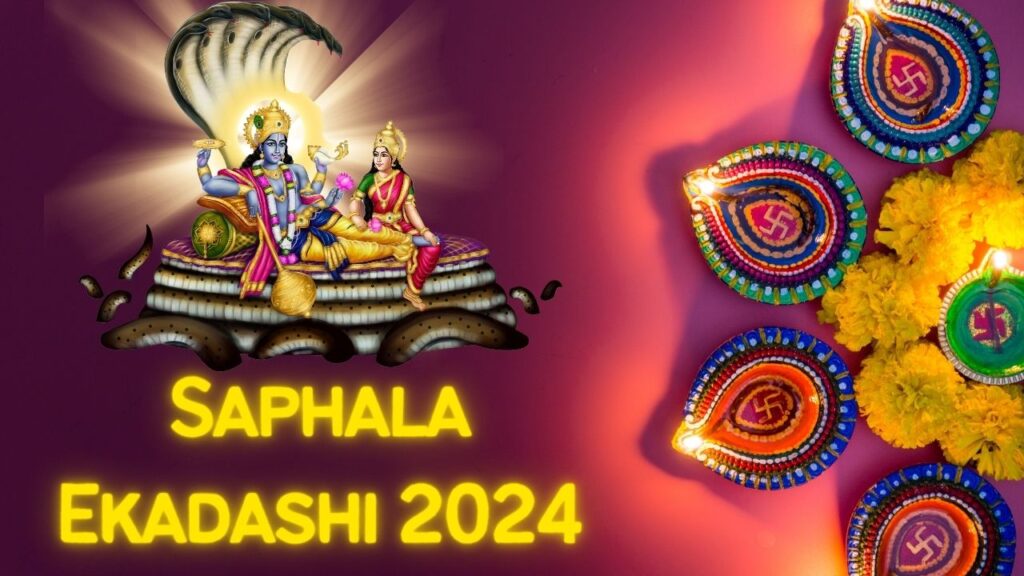Jaya Ekadashi : Transcend the material existence
The Ekadashi Tithi, which corresponds to the eleventh day of every lunar fortnight, is a day of great importance in Hinduism due to its association with the veneration of Lord Vishnu. Devotees engage in fasting and vocalization of petitions in an effort to obtain divine blessings. Jaya Ekadashi, which transpires during the Shukla Paksha of the Magha month, is prominently notable among the Ekadashis. It occurs during the waxing phase of the moon. This page delves into the folklore and significance of Jaya Ekadashi, the holiday in question.
Jaya Ekadashi: An Overview
Victory Ekadashi, or Jaya Ekadashi, occurs on the eleventh day of the Shukla Paksha in the Magha month. In accordance with Vedic stipulations, it is mandatory to observe fasts and engage in worship of Lord Shri Krishna on each Ekadashi of both the Shukla Paksha and Krishna Paksha. It is believed that these fasts aid in transcending the material world and atoning for transgressions.
The Legend of Jaya Ekadashi
A narrative unfolded within the ethereal dwelling of Lord Indra, wherein Malyavan, the progeny of Chitrasena, was captivated by the talents of a dancer named Pushpavati and a musician named Chitrasena. As a consequence of their reciprocal allure disrupting their performances, they were condemned by Lord Indra and transformed into Pishachas, which are hobgoblins. In pursuit of redemption, Malyavan and Pushpavati unknowingly fasted and remained awake throughout the night while observing Jaya Ekadashi in the frigid Himalayas. Their ardent observance resulted in the restoration of their natural selves, freeing them from their afflicted forms. Following their return to Lord Indra and explanation of the significance of Jaya Ekadashi, they led joyful lives thereafter.
Observance of Jaya Ekadashi
Preparation
On the morning of Ekadashi Tithi, Jaya Ekadashi commences subsequent to a night of fasting. Early in the morning, devotees reverently bathe and adorn an altar in homage to Lord Vishnu. They adorn the altar with flowers and a portrait or idol of the Lord. In the course of the puja (worship), fruits, coconut, and specially prepared Prasad are utilized as offerings. Reciting the Vishnu Sahasranam and the mantra “Om Namo Narayanaya” is an exceptionally auspicious act.
Fasting Rules
Devotees observe a complete fast on Jaya Ekadashi, abstaining from all food and drink. However, those who are unable to completely abstain from food may consume fruits and milk while fasting in part. The fast remains in effect until the Parana, which signifies the end of the fast, which occurs the day after the Dwadashi puja concludes with the consumption of Tulsi water.
Benefits of Jaya Ekadashi
It is said that Jaya Ekadashi bestows great blessings onto those who observe it. It is said that the merits gained from fasting on this day are more than those gained from charitable deeds, performing several Yajnas (sacrificial rituals), and traveling to sacred pilgrimage destinations. The fast is believed to fulfill desires, provide remedies for great sins, and even confer salvation or Moksha.
Significance of Jaya Ekadashi
The Jaya Ekadashi is a day of great importance in Hinduism. As an extreme sin absolution, Lord Krishna himself declared that this fast could expiate “Brahma Hatya,” or the murder of a Brahmin. Fasting is considered extraordinarily fortuitous because adherents believe it provides protection against evil spirits such as vampires and demons. There is a belief that by diligently monitoring Jaya Ekadashi, one can acquire qualities equivalent to those acquired through the Ashwamedha Yagya, an extensive horse sacrifice.
Jaya Ekadashi in the Hindu Calendar
Jaya Ekadashi is observed on an annual basis on a distinct date due to its occurrence on the lunar calendar. Jaya Ekadashi will be observed on Tuesday, February 20th, 2024. The Ekadashi Tithi commences at 08:49 on February 19 and concludes at 09:55 on February 20. The Paran, or ending of the fast, takes place on February 21 from 6:55 am to 9:11 am.
Conclusion
Respect is accorded to Jaya Ekadashi, also referred to as the Ekadashi of triumph, in Hinduism. Purportedly, numerous spiritual benefits and bounties will accrue to those who observe this fast and offer sincere and ardent worship to Lord Vishnu. The narrative surrounding Malyavan and Pushpavati exemplifies how divine grace, devotion, and perseverance can deliver adherents from their anguish. By observing the traditions of Jaya Ekadashi, devotees have the opportunity to petition Lord Vishnu for safeguarding, favors, and spiritual progress.
#JayaEkadashi #Jaya #Ekadashi #mahatva #जयाएकादशी #एकादशी #date #whenisJayaEkadashi #whatisJayaEkadashi #importanceofJayaEkadashi
